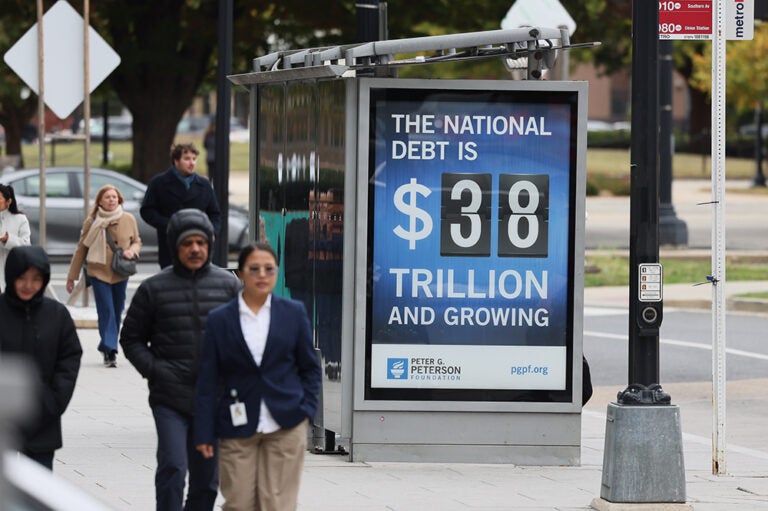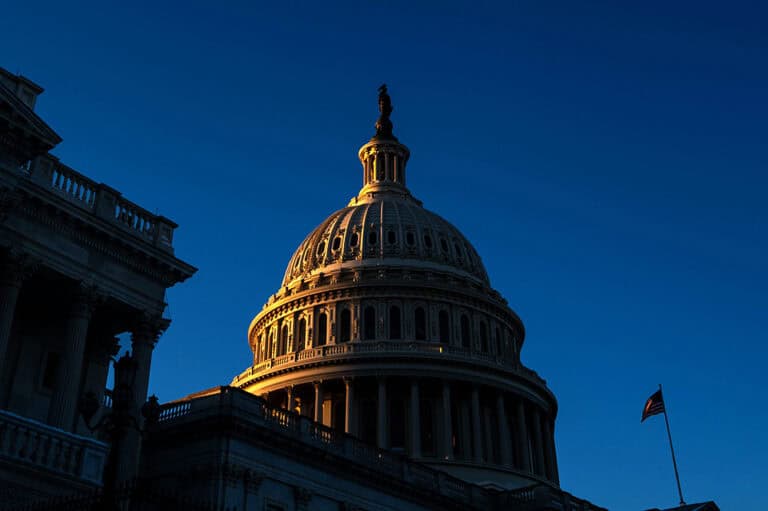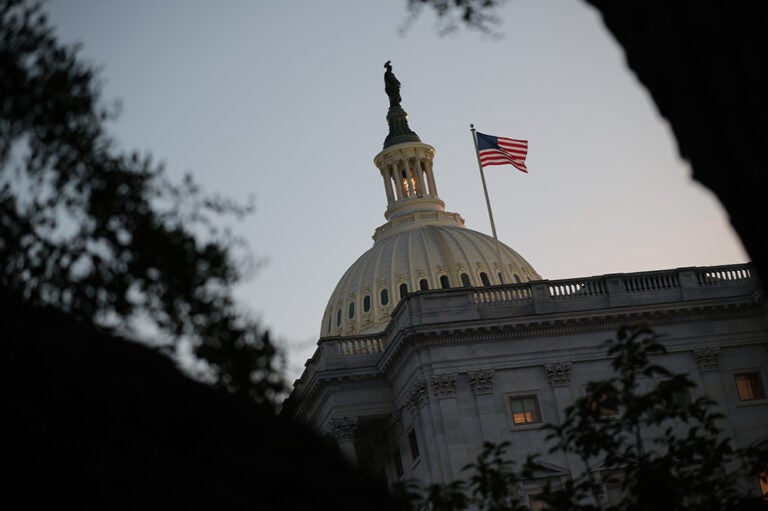New analysis released today from the nonpartisan Congressional Budget Office (CBO) shows deficits doubling and debt skyrocketing under a scenario where the expiring provisions of the Tax Cuts and Jobs Act (TCJA) were made permanent. If interest rates were also higher than projected, a second scenario shows that the United States would incur even worse fiscal damage.
CBO finds that:
- If provisions of the TCJA were made permanent (and there were no other changes to fiscal policy), debt held by the public (DHBP) would reach 214 percent of gross domestic product (GDP) in 2054 — 47 percentage points higher than under the baseline scenario in which the provisions expire as scheduled and well above the level in 2024 of 98 percent of GDP.
- Making those provisions permanent would lead to a near-doubling of the annual deficit relative to GDP — from 6.3 percent this year to 12.3 percent in 2054.
- In addition, if interest rates also increased each year until they were higher than projected by 1 percentage point, DHBP would exceed 250 percent of GDP within 30 years. Macroeconomic feedback effects would further increase interest rates and, therefore, lead to even worse fiscal outcomes. Such findings demonstrate the sensitivity of the nation’s finances to borrowing costs.
As lawmakers consider the expiring tax provisions this year, they should keep in mind the effects on the nation’s unsustainable debt, and follow guiding principles for fiscally responsible tax policy.
Further Reading
What Is the National Debt Costing Us?
Programs that millions of Americans depend on and care about may be feeling a squeeze from interest costs on our high and rising national debt.
Interest Costs on the National Debt Are Reaching All-Time Highs
The most recent CBO projections confirm once again that America’s fiscal outlook is on an unsustainable path — increasingly driven by higher interest costs.
New Report: National Debt Outlook Gets Worse as Interest Costs Exceed $1 Trillion Annually
A new CBO report shows that the national debt outlook worsened from last year’s projections.


